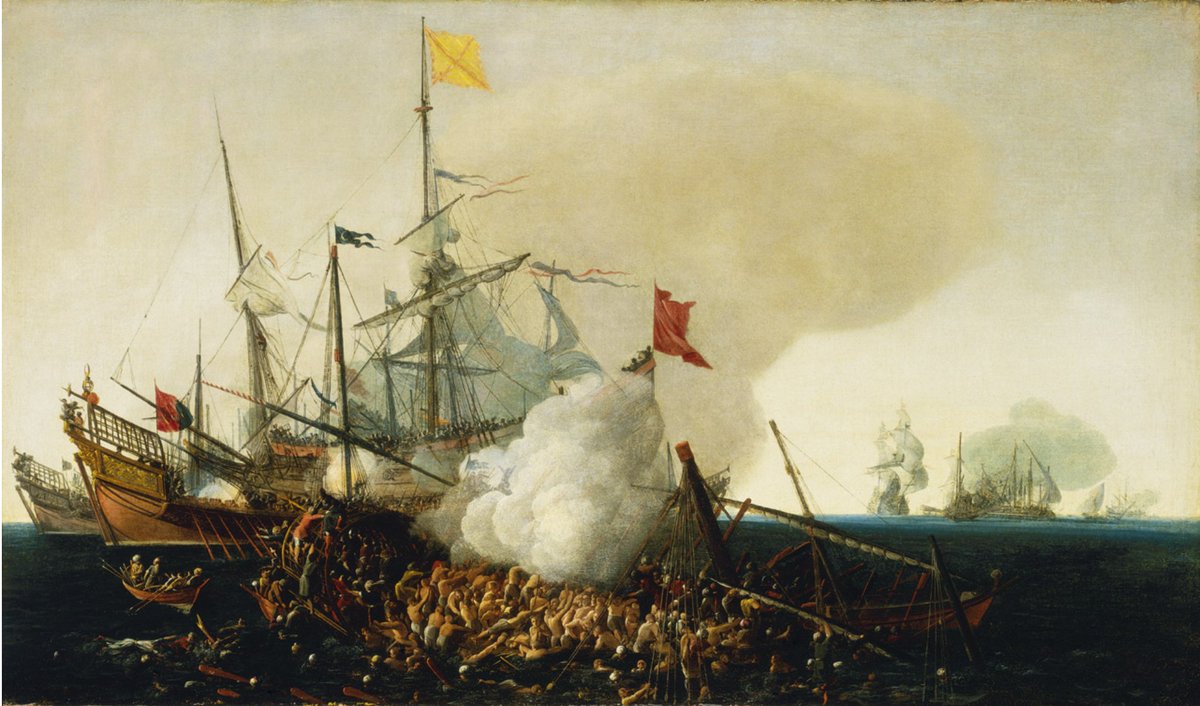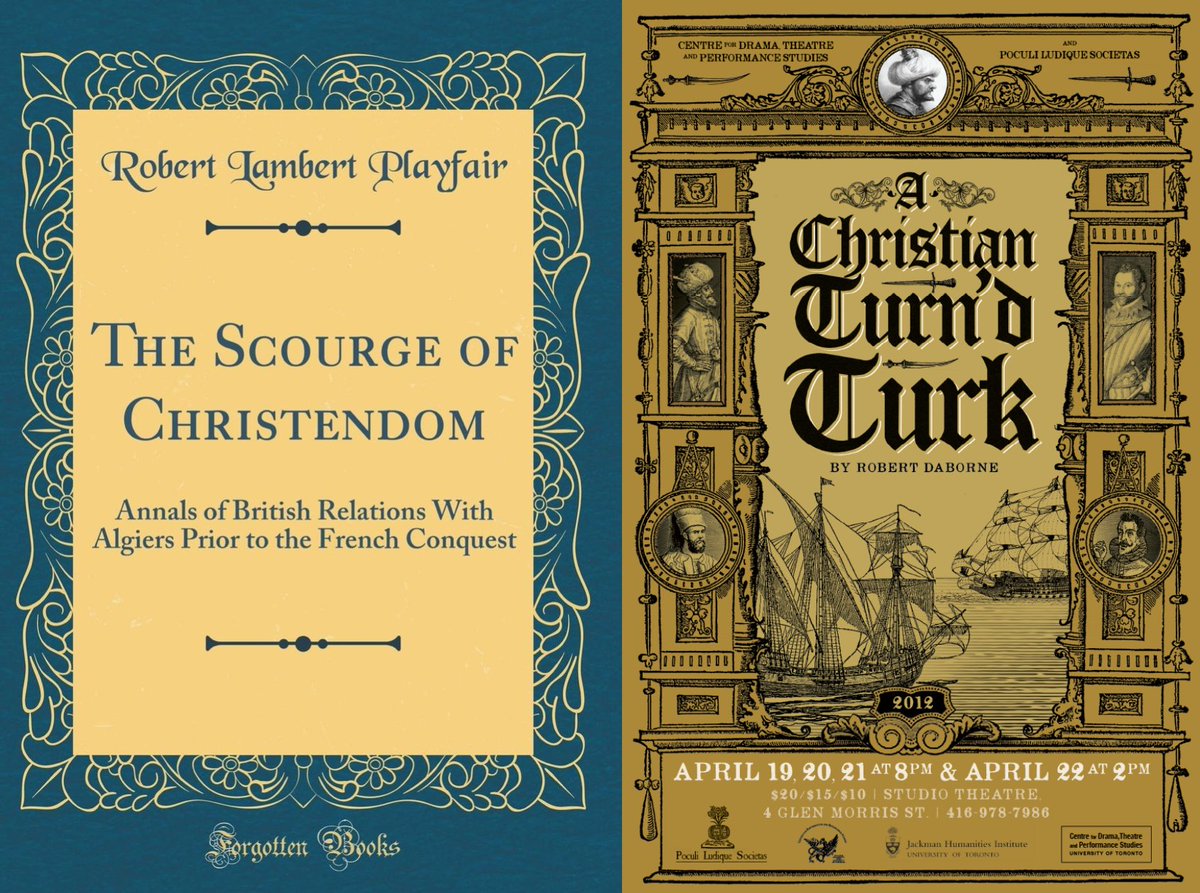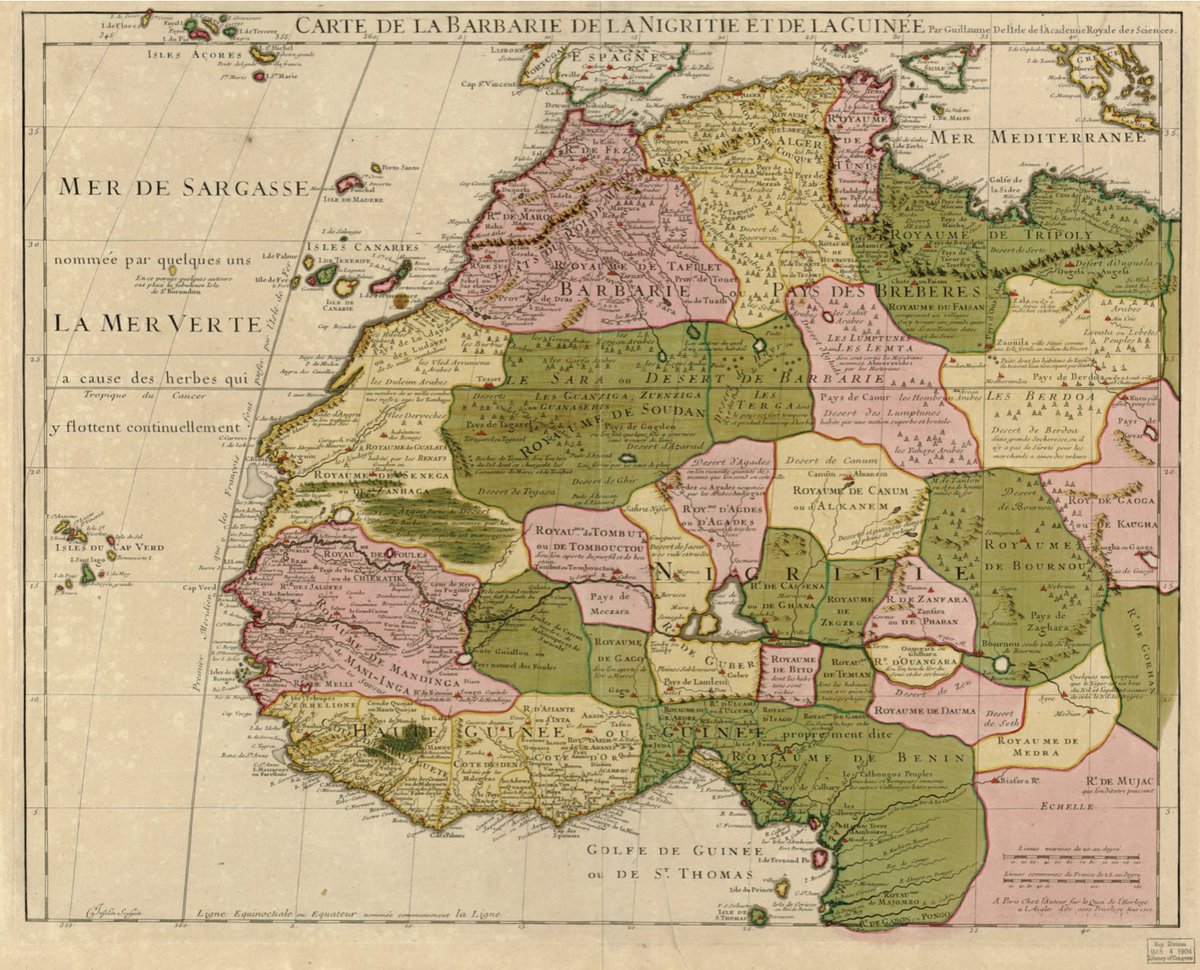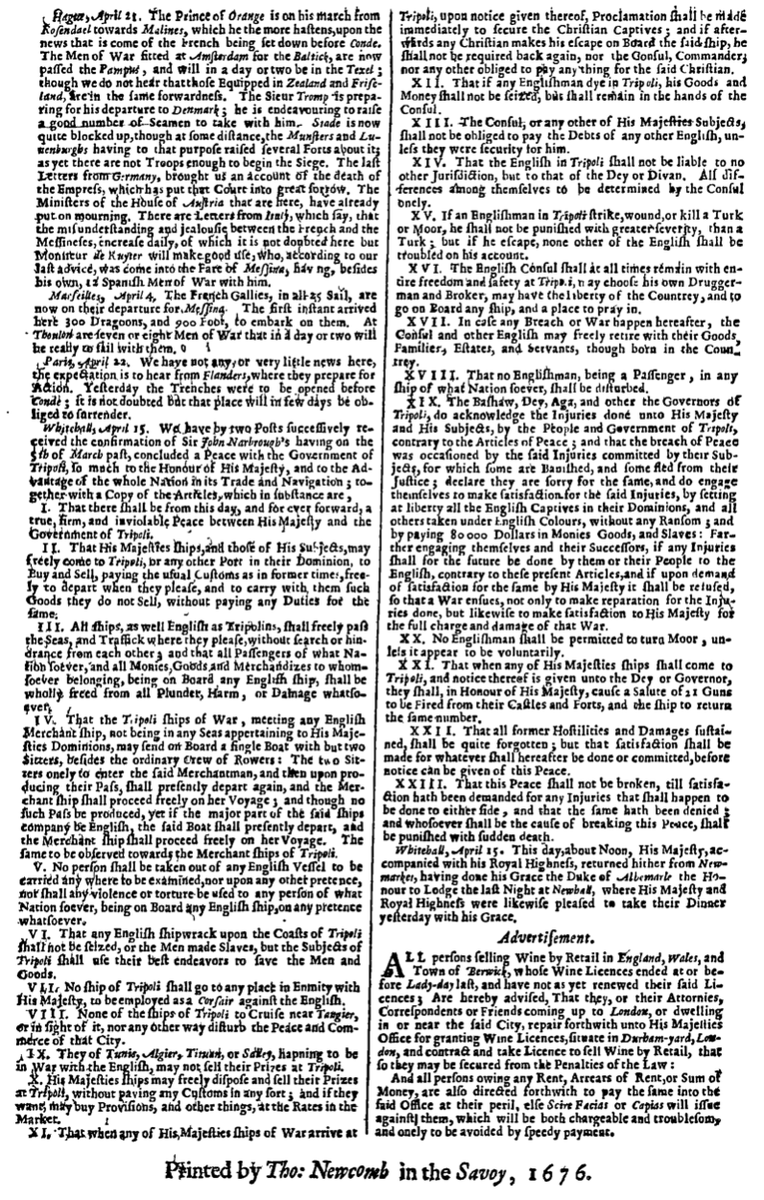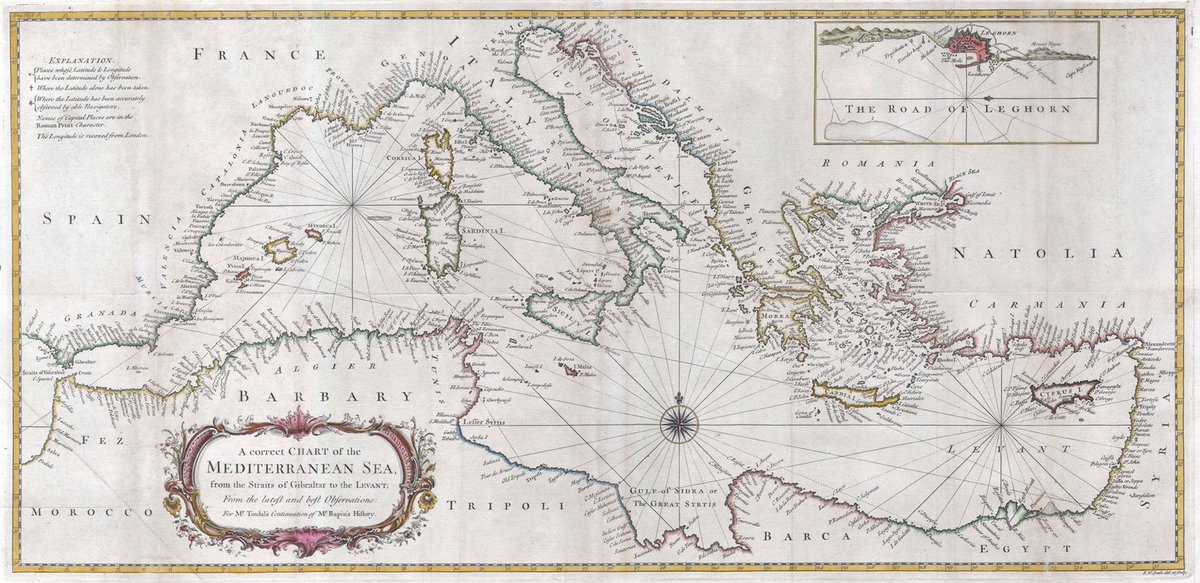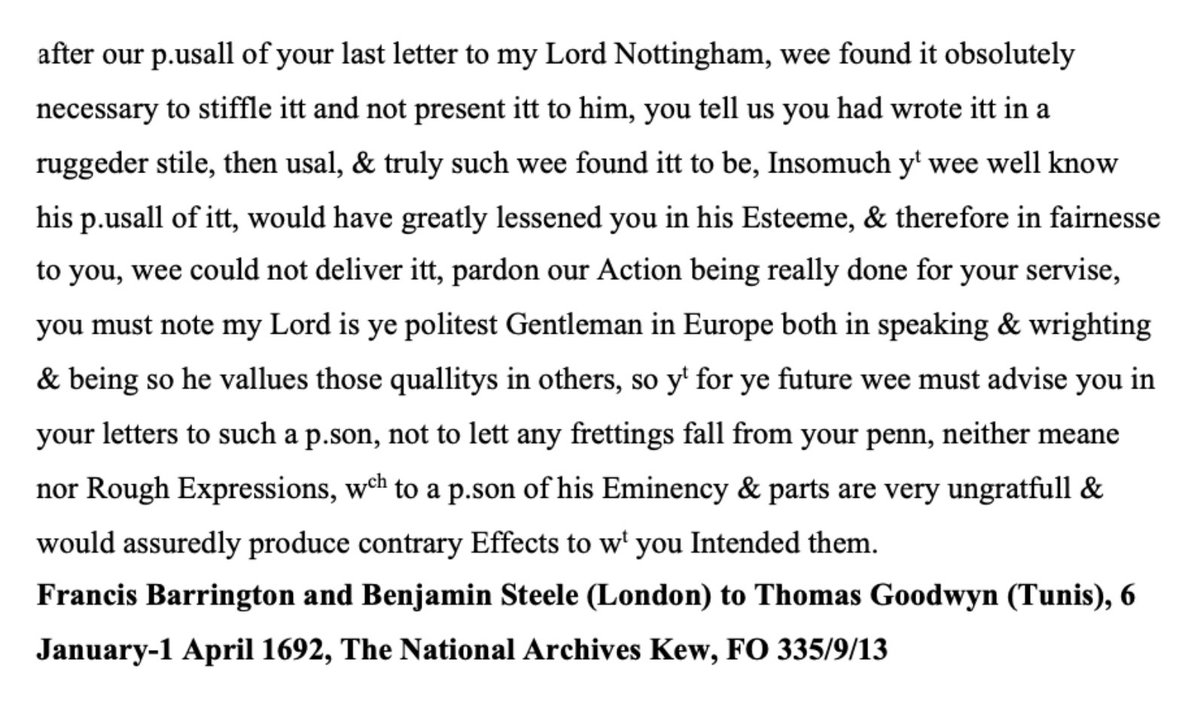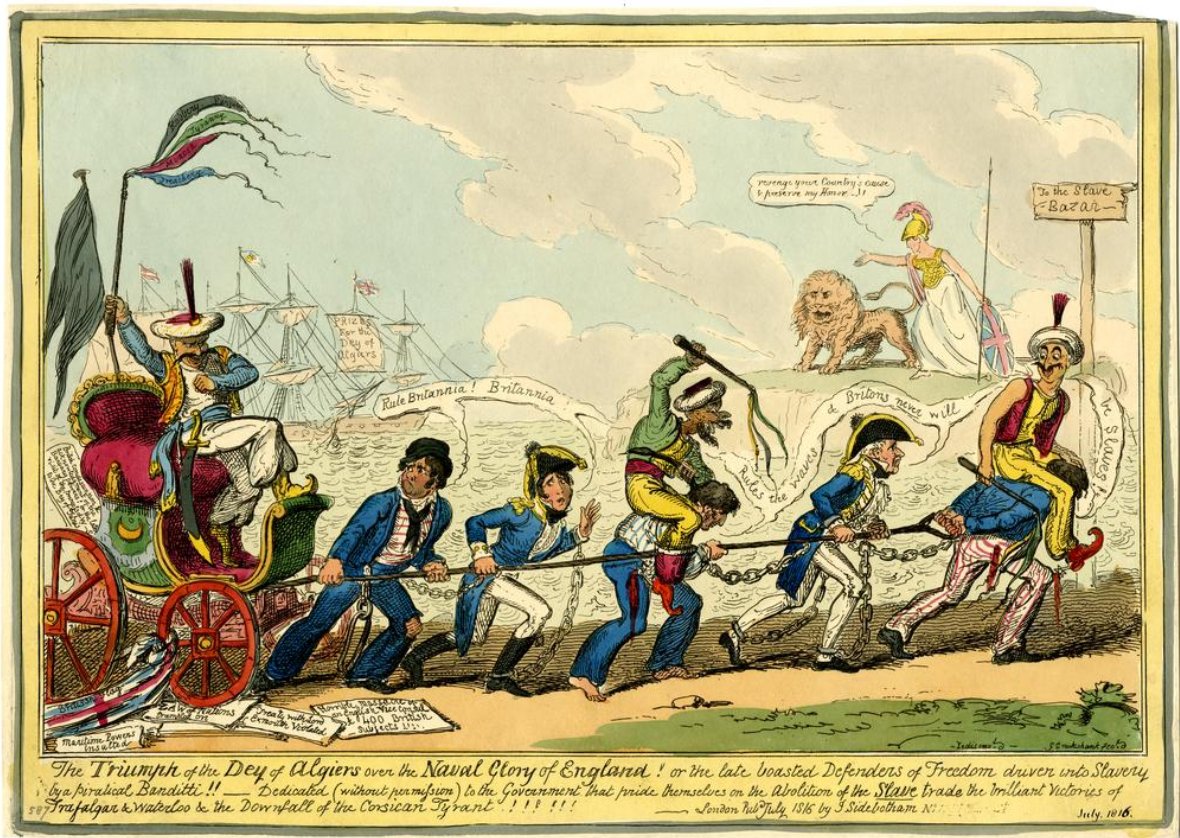Bloodthirsty pirates, white slaves, renegadoes and raging Turks. The scourge of Christendom. Terrorists, hostage-takers, treaty-breakers, an early modern ISIS. Or participants in a Mediterranean-wide system of maritime predation, slavery and ransom. #EmQuon (1/15)
A host of such images accompanies the idea of the Maghrebi or ‘Barbary’ corsair, coming out of early modern plays, captivity narratives, naval and travel accounts, as well as Orientalist, colonialist and revisionist histories. What do you think of? #EmQuon (2/15)
My research looks at Maghrebi stories in British periodical news publications, and reveals a more knowledgeable and less prejudiced, usually balanced and at times even positive view of the Maghreb, particularly in the later half of the seventeenth century. #EmQuon (3/15)
British newspapers clearly delineated between different national polities (Algiers, Tunis, Tripoli, and the four historic regions of Morocco) and diversity in Maghrebi ethnicities (Moors, Turks, Arabs, ‘Negroes’ and Renegades), and sometimes within Maghrebi Islam #EMQuon (4/15)
They also highlight a balanced, even positive, view of orderly conflict, constructive diplomacy and productive trade between Britain and the Maghreb. My latest research looks at how and why this balanced view came to appear in the newspapers. #EmQuon (5/15)
From the late c16 but particularly after treaties were concluded with Algiers, Tripoli and Tunis in 1662, resident British expatriates established extensive networks of trade and correspondence around the Mediterranean providing news to colleagues and superiors #EmQuon (6/15)
Expatriates witnessed events and collected news from local informants, dispatched it in written form or by oral means to one another and abroad by hamalls (porters), sandalls (local fishing ships), caffaloes (camel caravans) and Muslim and Christian merchant ships. #EmQuon (7/15)
Correspondents in Europe would repackage news into their own dispatches, or act as intermediaries to convey letters home by safer or more rapid means; and colleagues in England would read, moderate, even withhold letters to superiors for their own purposes. #EmQuon (8/15)
Expatriate letters were lightly edited by government officials before passing them on to official paper editors, sometimes filtering into privately-owned papers as well, which otherwise mostly drew from French, Dutch and other foreign papers with their own sources. #EmQuon (9/15)
Printed news coverage was widely shared in London and further abroad, and news about the Maghreb appears in Samuel Pepys, Roger Morrice, and Narcissus Luttrell, also contemporary histories and c18 regional English and Irish papers, and usually faithfully recorded. #EmQuon (10/15)
Printed news used other sources, and private letters and goss also provided public news, but expatriate letters were considered the ‘gold standard’ for on-the-ground, well-informed material about Maghrebi news, from Algerian-Moroccan wars to Tunisian revolutions #EmQuon (11/15)
News about Britain also reached the Maghreb by the same networked process, and British expatriates provided their local acquaintances with the news that best served their personal, business and national interests, fighting competing narratives from other Europeans #EmQuon (12/15)
Understanding the original sources of on-the-ground Maghrebi news, and the process by which news travelled to and from the Maghreb helps us see how British periodical news publications could present detailed material and why the tone was so balanced #EmQuon (13/15)
This raises questions about a transformation of British views of the Maghreb in light of more balanced, fresh and detailed information in the later seventeenth century, and how newspapers interconnect with other genres, and the later emergence of Orientalism #EmQuon (14/15)
For those who want to hear more, I have two articles available open-access: on diversity http://go.unimelb.edu.au/x85r on relations w/Europe http://go.unimelb.edu.au/j85r and one tracing these routes out soon. Thanks for tuning in, look forward to talking more! #EmQuon (15/15)

 Read on Twitter
Read on Twitter